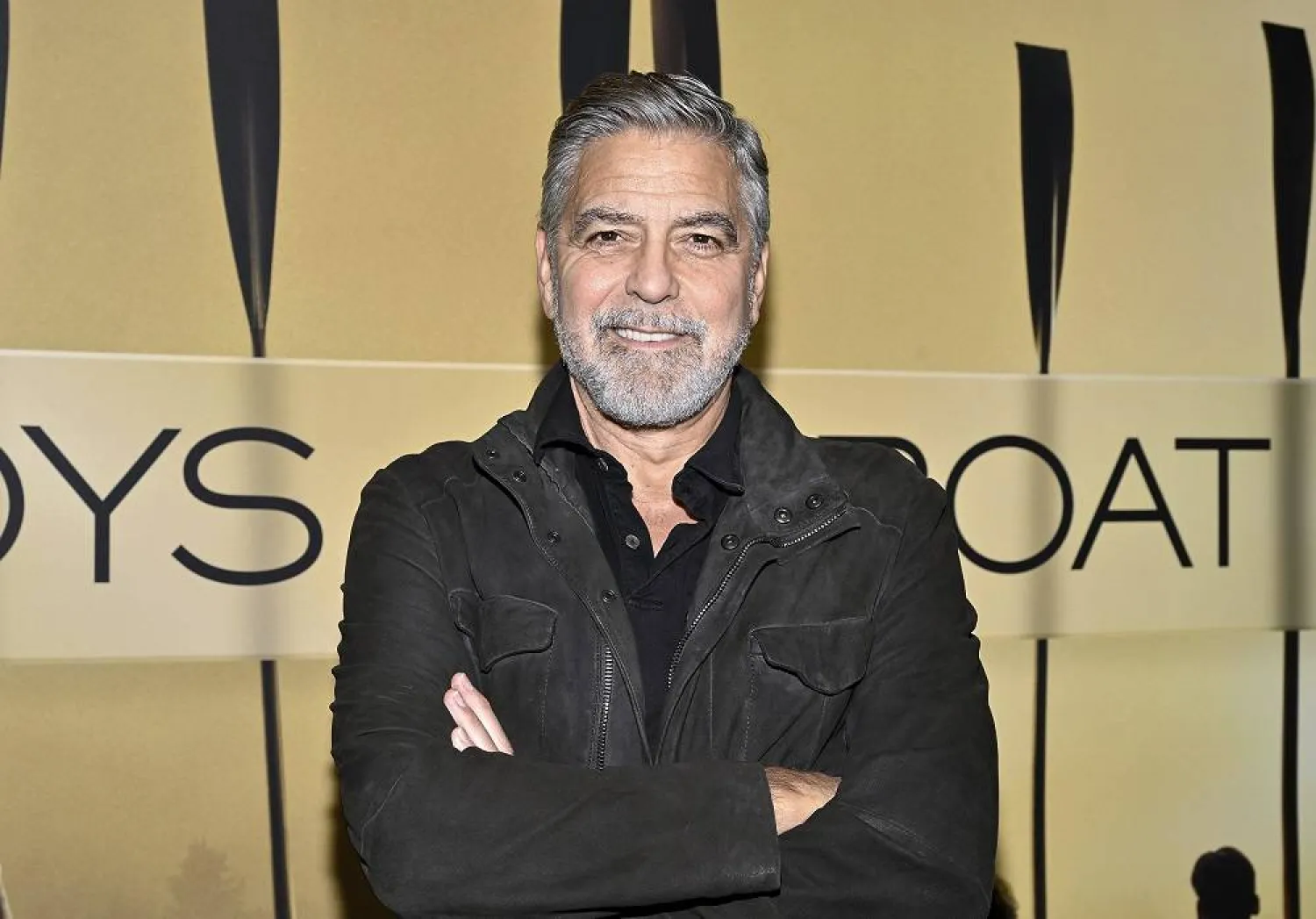George Clooney will make his Broadway acting debut next year in a familiar project for the Hollywood star: “Good Night, and Good Luck.”
Clooney will play legendary TV journalist Edward R. Murrow in a stage adaptation of the 2005 movie that earned him directing and writing Oscar nominations and was among the best picture contenders.
“I am honored, after all these years, to be coming back to the stage and especially, to Broadway, the art form and the venue that every actor aspires to,” Clooney said in a statement.
The play “Good Night, and Good Luck” — with David Cromer directing — will premiere on Broadway in spring 2025 at a Shubert Theatre to be announced. It will be again co-written by Clooney and Grant Heslov.
The 90-minute black-and-white film starred David Strathairn as Murrow and is a natural to be turned into a play: The dialogue-heavy action unfolds on handful of sets. The title comes from Murrow’s signoff on the TV series “See It Now.”
A key part of Clooney’s film portrayed Murrow’s struggle to maintain support from CBS executives for critical reporting on Republican Sen. Joseph McCarthy, known for accusing government employees of disloyalty. Clooney played “See It Now” co-creator Fred Friendly, who resisted intense pressure and ensured the reports got to air.
Murrow, who died in 1965, is considered one of the architects of US broadcast news.
“Edward R. Murrow operated from a kind of moral clarity that feels vanishingly rare in today’s media landscape. There was an immediacy in those early live television broadcasts that today can only be effectively captured on stage, in front of a live audience,” Cromer said in a statement.
The Clooneys are boosters of journalism. Clooney’s father, Nick Clooney, worked as a TV news anchor and host in a variety of cities including Cincinnati, Salt Lake City and Los Angeles. He also wrote a newspaper column in Cincinnati and taught journalism students at American University.
At the time the movie came out, Clooney said his family took pride in how journalists held the government accountable during the paranoia of the 1950s communist threat. Clooney said he wanted to make a movie to let people hear some “really well-written words about the fourth estate again.”









